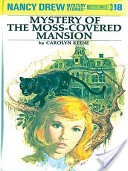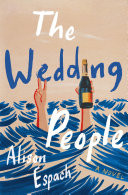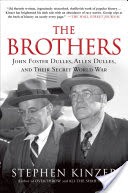I was amazed to learn how much influence that these two brothers had on our American "exceptionalism" foreign policy during the 1950's. Although their legacy is a footnote in U.S. History, you can find their fingerprints in our global engagements now.
1 like


















